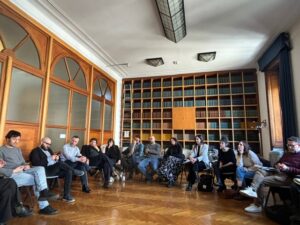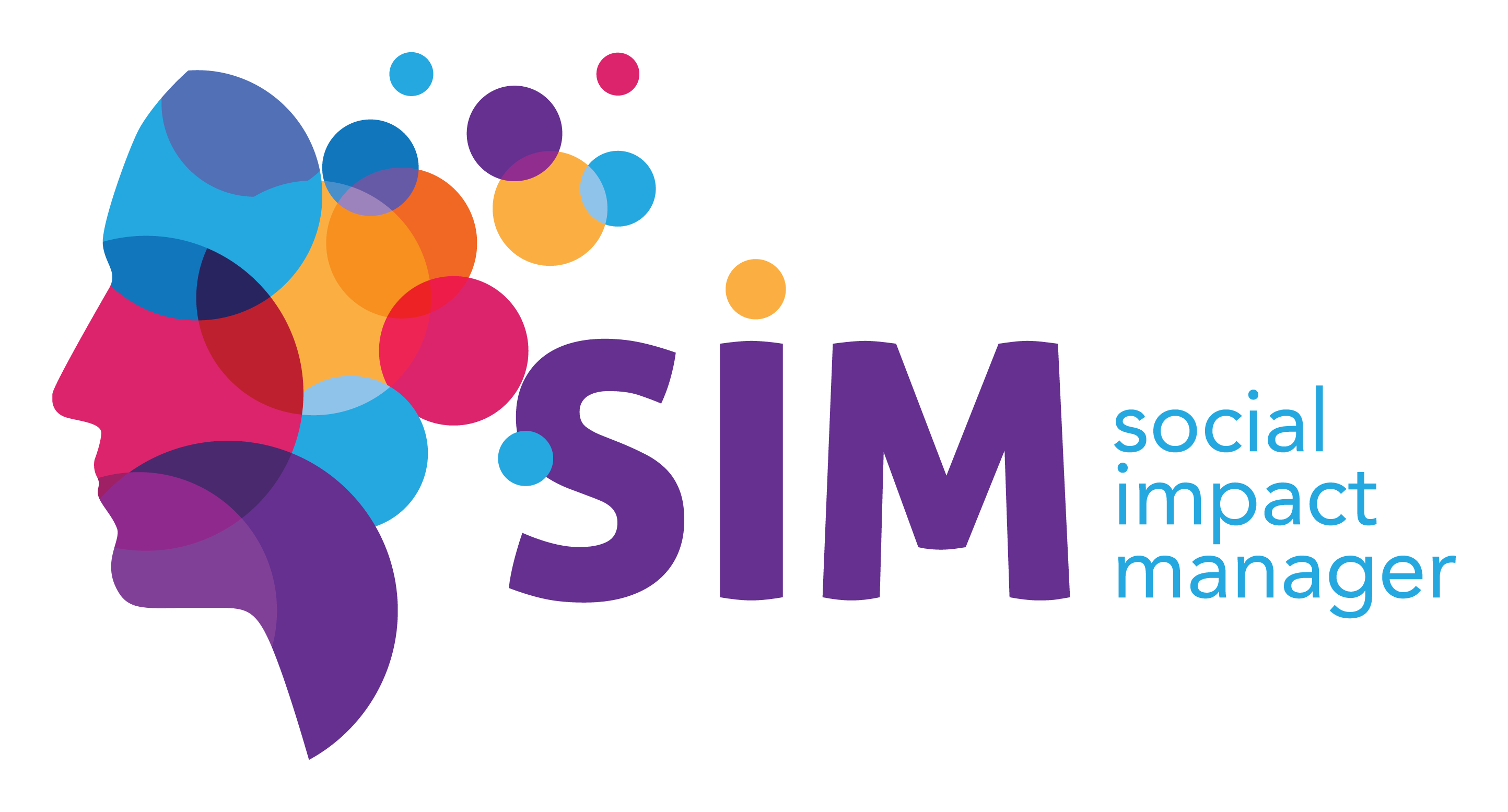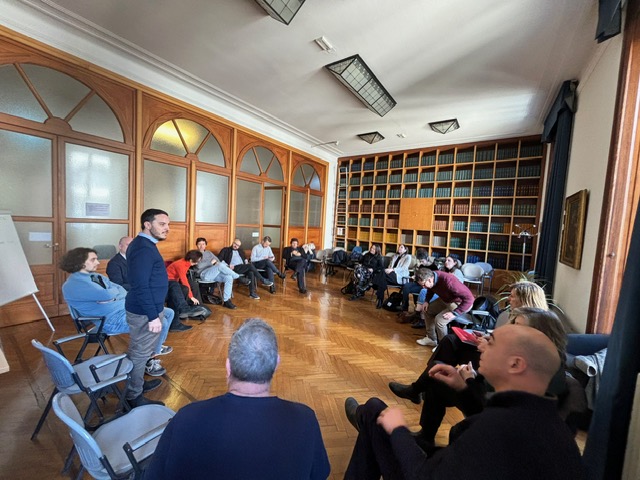As part of the engagement phase of the Social Impact Manager project, partners have been actively working and engaging with stakeholders in local companies and communities.
 Local participatory workshops were carried out with local communities focusing on the specific needs of each area. Representatives of local authorities, companies and NGOs were invited to discuss ideas and perspectives on how to intervene in the local areas. One such workshop was conducted on 7th March in Milan with the Italian partners of SIM: Antonio Dell’Atti and Roberta Bonacossa from Project School and Aris Tufexis from the University Milano Bicocca.
Local participatory workshops were carried out with local communities focusing on the specific needs of each area. Representatives of local authorities, companies and NGOs were invited to discuss ideas and perspectives on how to intervene in the local areas. One such workshop was conducted on 7th March in Milan with the Italian partners of SIM: Antonio Dell’Atti and Roberta Bonacossa from Project School and Aris Tufexis from the University Milano Bicocca.
Commenting on the workshop Roberta Bonacossa, Project Manager of SIM said, “There was enthusiastic participation from the different stakeholders especially from the Non-Profit sector. There is a need to create dialogue and co-participation between companies and non-profit organisations. It emerged that it’s a necessity to include companies in this process and for the public sector to work together to reach sustainability goals. Sometimes there is little trust between both sides, mainly because there is no space or opportunities to share points of view and projects, which in turn creates prejudices. Ultimately, this shows why the role of a Social Impact Manager is necessary to navigate between both.”
To reach local companies, partners used a survey to gather data and information on the available CSR instruments at a local level and on the capacity and motivation of company staff to engage in a constructive and collaborative relationship with local communities. Interviews with key people within companies such as managers, HR specialists, and sustainability managers provided more detailed feedback on the link between companies and local communities. This was followed by focus groups and company visits to create awareness about SIM and to collect vital information
As we analyse and draw together the findings from these activities, we can already see an enhanced understanding and potential collaboration of the different target areas and the perspectives of their companies and local communities, which will feed and inform the design of the SIM educational training programme later this year.

